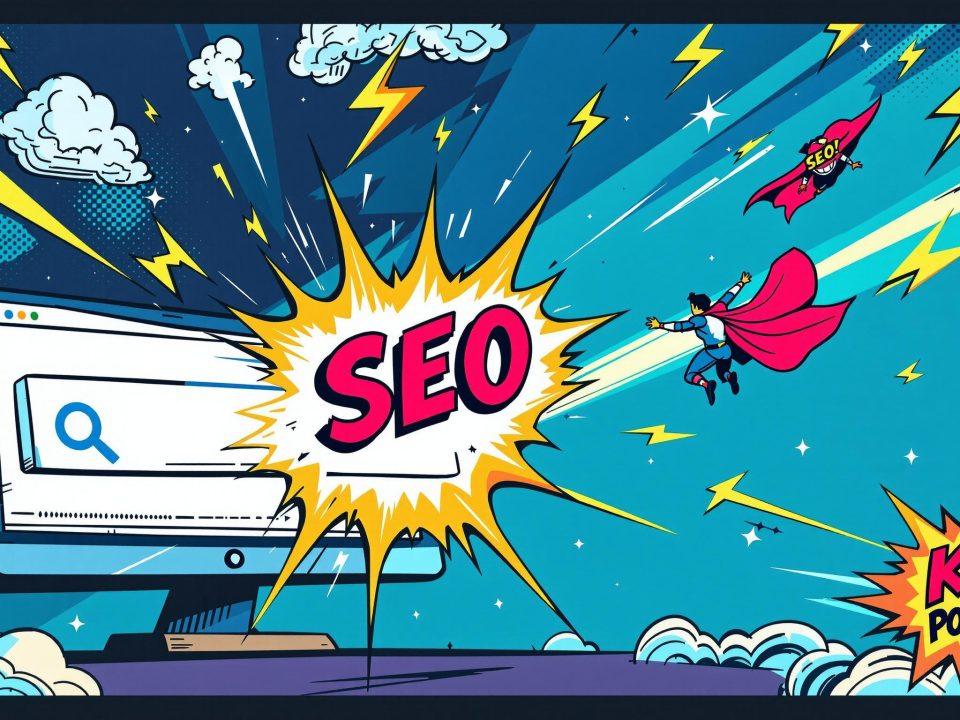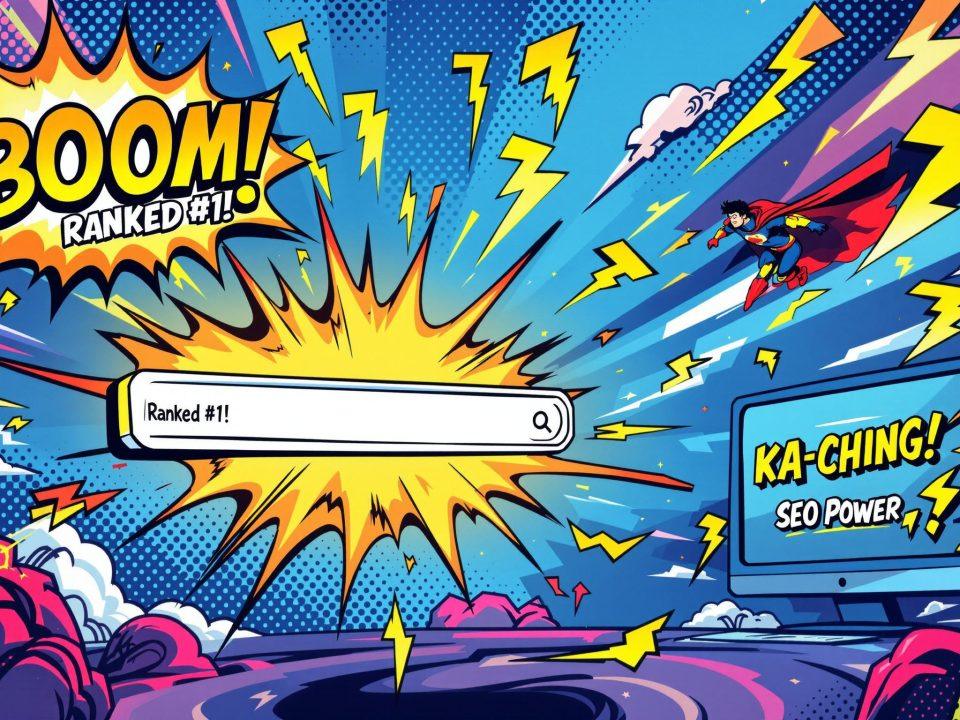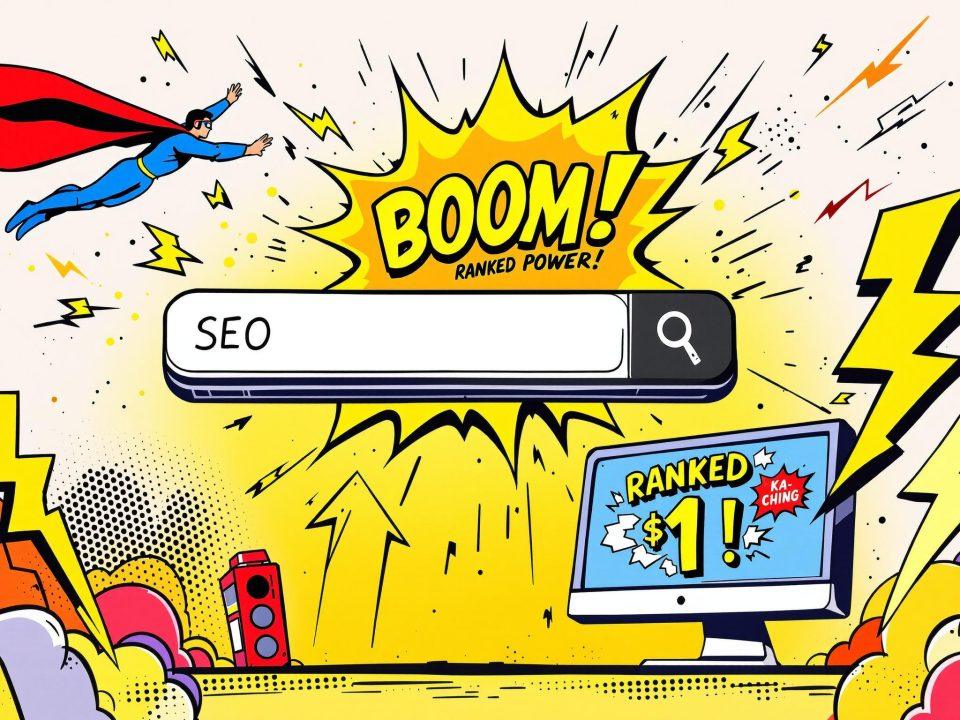Should your law firm handle SEO in-house or hire an agency? Here’s a quick breakdown:
- DIY SEO: Gives you full control and can save costs if you already have a skilled team. But it’s time-consuming, requires advanced tools (costing $500+ monthly), and demands expertise across multiple areas like content, technical SEO, and analytics. Building an in-house team can cost $255,000+ annually.
- Hiring an Agency: Agencies bring specialized expertise, handle technical tasks, and stay updated on SEO trends. While costs start at $10,000 monthly, they often include tools, content, and strategy, making it more efficient for firms without in-house resources.
Quick Comparison
| Factor | DIY SEO | Agency SEO |
|---|---|---|
| Monthly Costs | $10,500+ (tools + salaries) | $10,000+ (all-inclusive) |
| Time Investment | High, requires daily work | Low, minimal oversight |
| Expertise | Limited to in-house skills | Team of specialists |
| Control | Full control | Shared strategic control |
For firms spending less than $1 million annually on PPC, agencies often deliver better ROI. Choose DIY if you have a strong, experienced in-house team. Otherwise, hiring an agency is usually the smarter choice for scaling your online presence efficiently.
DIY SEO Basics for Law Firms
What DIY SEO Means
DIY SEO involves managing your law firm’s search engine optimization efforts internally. This includes tasks like keyword research, creating content, optimizing web pages, handling technical aspects, and managing local SEO campaigns.
To get started, you’ll need to ensure your website has the essentials: a reliable domain, dependable hosting, a solid content management system (like WordPress), and a site that’s secure and mobile-friendly. Once these are in place, it’s a matter of balancing the benefits of cost savings and control with the challenges of mastering SEO’s technical demands.
Benefits of DIY SEO
Handling SEO in-house comes with its own perks:
- Full Control: Your team has direct oversight of SEO strategies, making it easier to adapt quickly and implement changes as needed.
- Cost Savings: While there’s an upfront cost for tools, managing SEO internally can be more affordable if you already have marketing resources.
- Industry Expertise: Your team knows your firm’s specialties, client needs, and strengths, which helps in creating content and selecting keywords that resonate with your audience.
Drawbacks of DIY SEO
That said, managing SEO on your own isn’t without its challenges:
- Time-Consuming: SEO requires significant time for tasks like keyword research, content creation, technical updates, and analyzing performance.
- Technical Challenges: Setting up and maintaining the technical aspects of SEO can be overwhelming.
- Steep Learning Curve: Gaining a solid understanding of SEO fundamentals takes time and effort, as it spans multiple skill sets.
- Tool Dependency: Successful DIY SEO requires access to tools like keyword research platforms (Ahrefs or SEMrush), analytics software, and technical SEO tools.
Tracking competitors and monitoring performance metrics – like organic traffic, keyword rankings, and lead conversions – are essential to gauge success. Next, we’ll look at how these challenges compare to hiring an SEO agency.
5 Major Red Flags When Choosing an SEO Agency for Your …
Working with an SEO Agency
If handling SEO on your own feels overwhelming due to its time demands and technical aspects, hiring an agency could be a smarter choice. By partnering with experts, you can offload these tasks to professionals who offer a wide range of services.
SEO Agency Services
Agencies typically offer a variety of services aimed at boosting search visibility and attracting qualified leads, including:
- Technical SEO: Optimizing your site, adding schema markup, and ensuring mobile responsiveness
- Local SEO: Managing Google My Business profiles and building local citations
- Content Strategy: Creating legal content while adhering to ethical standards
- Link Building: Securing quality backlinks from trusted legal sources
- Performance Tracking: Using analytics to measure ROI and track progress
- Multilingual Services: Providing Spanish-language SEO to reach a broader audience
These services bring expertise that helps law firms adjust quickly to changes in the industry.
Benefits of Agency SEO
Agencies bring specialized knowledge and resources tailored to various legal practice areas and regions. They know the right keywords, trends, and strategies to improve your firm’s SEO while staying within ethical boundaries.
Working with an agency gives you access to a team of specialists without the costs of hiring full-time staff. Building an in-house SEO team requires significant spending on salaries and tools, whereas agencies offer complete service packages that are often more affordable.
Agencies also stay on top of algorithm updates, industry trends, and competitor strategies. They handle everything from technical fixes to content creation, freeing your team to focus on running the firm.
Drawbacks of Agency SEO
While there are many advantages, there are also challenges to consider:
- Less Direct Control: You’ll have less hands-on involvement in the agency’s processes and timelines.
- Communication Needs: Regular meetings and collaboration are necessary to ensure the agency’s work aligns with your firm’s goals.
-
Uncertain Timelines: As Wes Lungwitz of Civille explains:
"If anyone gives your law firm a price after you pose that simple question, you should probably hang up the phone. The fact is, SEO isn’t a one-size-fits-all solution." [2]
- Budget Considerations: Monthly costs can vary widely depending on the scope of services and the competitiveness of your market.
To make the most of an agency partnership, review their track record. Check client results, case studies, references, and even their own website’s performance to gauge their expertise.
Finally, weigh these pros and cons against your firm’s resources and goals to decide if working with an agency is the right move for your SEO strategy.
Making the Right Choice for Your Law Firm
Cost Analysis
When deciding between handling SEO in-house or working with an agency, costs can differ significantly. Here’s a comparison:
DIY SEO Costs:
- SEO tools and software: $500+ per month for essential platforms
- In-house content writer: $50,000+ annual salary
- SEO specialist: $65,000–$70,000+ annually
- Content editor: $55,000+ annually
- PPC specialist: $85,000+ annually
Agency Costs:
- Monthly retainer: Starts at $10,000
- PPC management fees: 10–20% of ad spend
- No additional costs for tools, employee benefits, or overhead
For law firms spending less than $1 million annually on PPC advertising, partnering with an agency often proves more cost-efficient. Building an in-house team can easily surpass $250,000 annually when you factor in salaries, benefits, and tools. Next, consider the time and resources required to maintain your approach.
Time and Staff Requirements
In-house SEO demands significant time and staff commitment. You’ll need resources for:
- Daily website monitoring and optimizations
- Weekly content creation and publishing
- Regular performance reviews and team training
- Monthly strategy updates
Skills and Business Goals
Your choice between DIY and agency support should align with your firm’s capabilities and growth plans.
DIY Works Best If:
- You have a marketing director experienced in SEO
- Your marketing budget exceeds $200,000, with staff skilled at an agency level
- Your firm can manage multiple marketing channels in-house
- Your practice area requires highly specialized, unique content
Agencies Are a Better Fit If:
- Your firm handles diverse practice areas
- You operate in multiple regions
- You lack in-house marketing expertise
- You aim to scale quickly without building additional infrastructure
For growing firms, a hybrid approach can be effective. A marketing director can oversee agency relationships, track performance metrics, and develop long-term strategies. This setup combines professional oversight with the specialized resources of an agency, ensuring alignment with your firm’s goals.
Side-by-Side Comparison
This section breaks down the practical differences between handling SEO yourself and hiring an agency, focusing on key factors like cost, time, expertise, and control.
DIY vs Agency SEO Table
| Factor | DIY SEO | Agency SEO |
|---|---|---|
| Monthly Costs | • SEO tools: $500+ • Content writer: ~$4,200/month • SEO specialist: ~$5,800/month • Total: $10,500+ |
• Monthly retainer: Starting at $10,000 • Covers tools, expertise, and content • No extra overhead |
| Time Investment | • Daily monitoring • Weekly content creation • Ongoing learning required • High internal resource use |
• Minimal internal oversight • Monthly strategy meetings • Quarterly performance reviews • Low internal resource use |
| Expertise Level | • Limited to in-house skills • Requires constant training • Single perspective • Trial-and-error approach |
• Team of specialists • Experience across industries • Diverse skill sets • Established methods |
| Control & Flexibility | • Full control over strategy • Immediate actions possible • Direct access to data • Limited by internal capacity |
• Shared strategic control • Structured implementation • Regular reporting • Access to advanced tools |
| Best Suited For | • Firms with strong in-house marketing teams • Focused on one practice area • Local market focus |
• Firms with multiple practice areas • Regional or national reach • Limited internal marketing resources |
This table highlights the main contrasts between DIY and agency SEO, emphasizing how costs, time, and expertise vary significantly between the two. Agencies typically bring broader experience and proven strategies, while DIY SEO offers more control but requires significant internal resources and expertise.
For firms spending less than $1 million annually on digital marketing, agencies often provide stronger returns [1]. In industries like law, where a deep understanding of both SEO and legal marketing is critical, agencies can offer immediate access to specialized tools and strategies. Smaller firms, however, might find success targeting niche, long-tail keywords [2], while larger firms often gain more from broader, regional or national strategies.
Next Steps: Selecting Your SEO Path
Here’s a framework to help you decide between handling SEO yourself or hiring an agency.
Start by analyzing your firm’s annual digital marketing budget compared to the costs of in-house SEO and agency services [1]. Consider these in-house expenses:
- Content writer: $50,000+ per year
- SEO specialist: $65,000–$70,000+ per year
- SEO tools: $500+ per month
- Additional benefits and overhead costs
This breakdown can help you better understand how resources might be allocated.
Next, assess your internal team’s expertise. If your marketing team has agency experience and a payroll exceeding $200,000, managing SEO internally could be an option [1]. However, agencies often bring broader experience across industries and regions, which can be a critical advantage.
Once you’ve evaluated your situation, follow these steps:
-
Create a Marketing Task Inventory
List all your digital marketing needs – SEO, website updates, PPC campaigns, and more. This will highlight resource gaps and clarify whether your team can handle the workload [1]. -
Consider a Hybrid Approach
Not ready for a full agency commitment? Start small by hiring contractors (around $40 per hour) to support your team. Oversee their work closely and monitor results [1]. -
Plan for Growth
As your business grows, think about hiring a marketing director. This role can manage agency relationships, track performance, and ensure your marketing aligns with your business goals.
When choosing an agency, be cautious. Avoid those that make unrealistic promises, have poor SEO rankings for their own site, lack transparency about outsourcing, or provide limited case studies [1].
Keep in mind, SEO is a long-term effort. Whether you handle it internally or hire an agency, focus on aligning your strategy with your firm’s strengths to achieve consistent growth.







